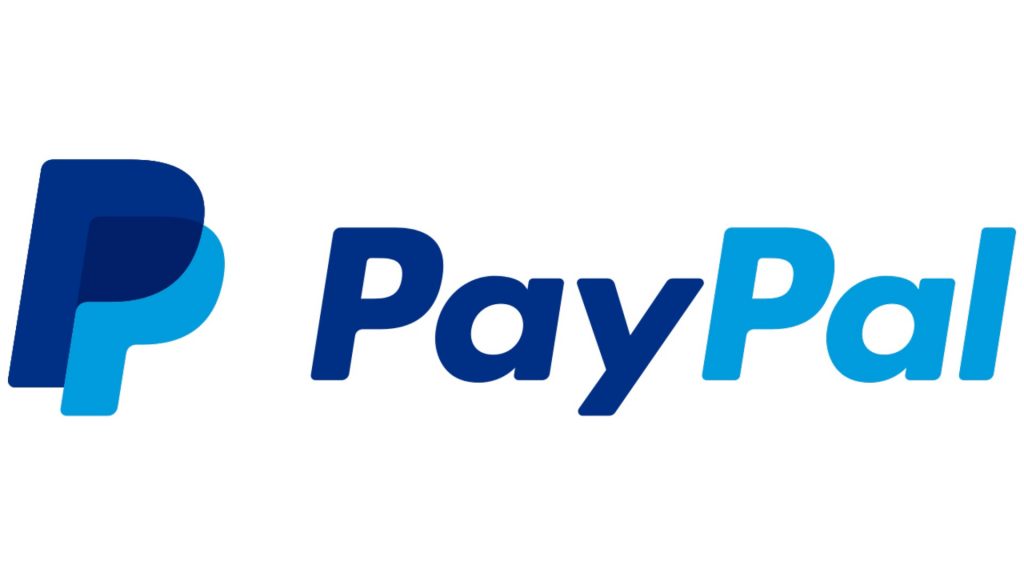UPDATE: PayPal has reached out to Hypertext following the publishing of this story and confirmed that the refund policy change will not apply to merchants in Africa. You can read PayPal’s full statement here.
If your business or site routinely uses PayPal to facilitate online payments, you may want to think twice about using the platform.
There hasn’t been a data breach or any kind of security threat of late, but rather a change in policy that will leave many sellers scratching their heads, with the firm noting that it will once again take a percentage of any refunds handled on the platform.
The controversial policy was removed for obvious reasons, but will once again be reinstated, seeing PayPal netting a cool 2.9 percent commission fee from sellers. This fee will be applied across the board as of 11th October this year, even if you’re refunded a customer in full, which essentially means your business will be taking a small loss.
PSA: Paypal will no longer return processing fees (2.9% + $0.30) when you refund a customer starting October 11, 2019.
After walking back the decision in May due to outrage, Paypal is now moving forward anyway and hoping you don't notice.
Nail in the coffin. Goodbye, @PayPal. pic.twitter.com/sAweMHxtLn
— Sean McCabe (@seanwes) September 19, 2019
As The Verge reports, PayPal had rolled out this new policy in April, but sellers were none too pleased and voiced their anger over the fees. Now the firm says it has updated its policy, and cites costing structures as the reason for the latest change, as well as it being in line with industry practices.
“Earlier this year, PayPal updated its User Agreement to change our refund policy. In line with industry practice, and according to our updated policy, we do not charge fees to process refunds, but when a seller refunds a transaction to a buyer, the fees originally paid will not be returned to the seller. The policy change is going into effect beginning on October 11, 2019,” an unnamed PayPal spokesperson told The Verge.
It’s unclear if both reasons given are indeed correct, but sellers using PayPal are naturally irritated by the policy change.
“We believe that this policy change is in line with industry practice. We know businesses depend on us and the decision to update our policy was not made lightly. The policy change allows us to align more closely to our cost structure, to the policies of our payments partners and to industry practice,” the spokesperson added.
“We only adjust our policies when we are confident the changes are fair and aligned with the value that our services provide to businesses,” they concluded.
With PayPal arguably being the largest online payment platform globally, this latest policy could well see the company net quite a bit in fees while earning and seemingly ignoring the ire of its seller community.
If it persists with this refund policy, it will be interesting to see if sellers opt to move to a different platform with the festive season around the corner. Either way we should have a better idea of the impact this will have among sellers after 11th October.

